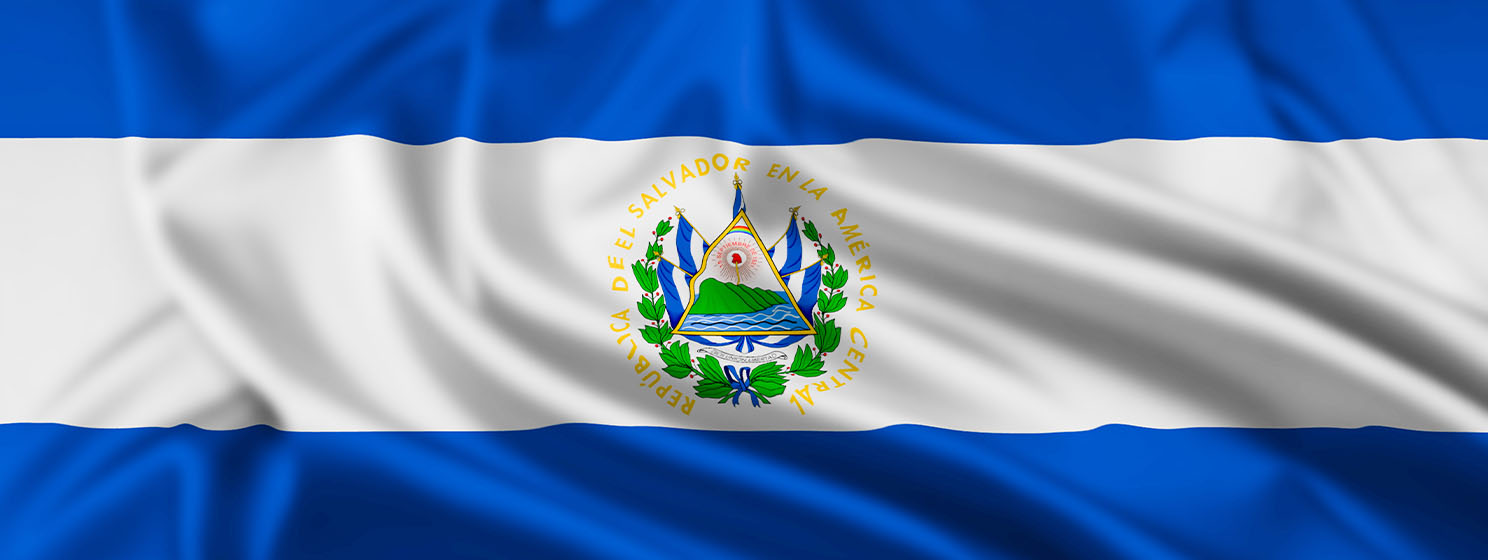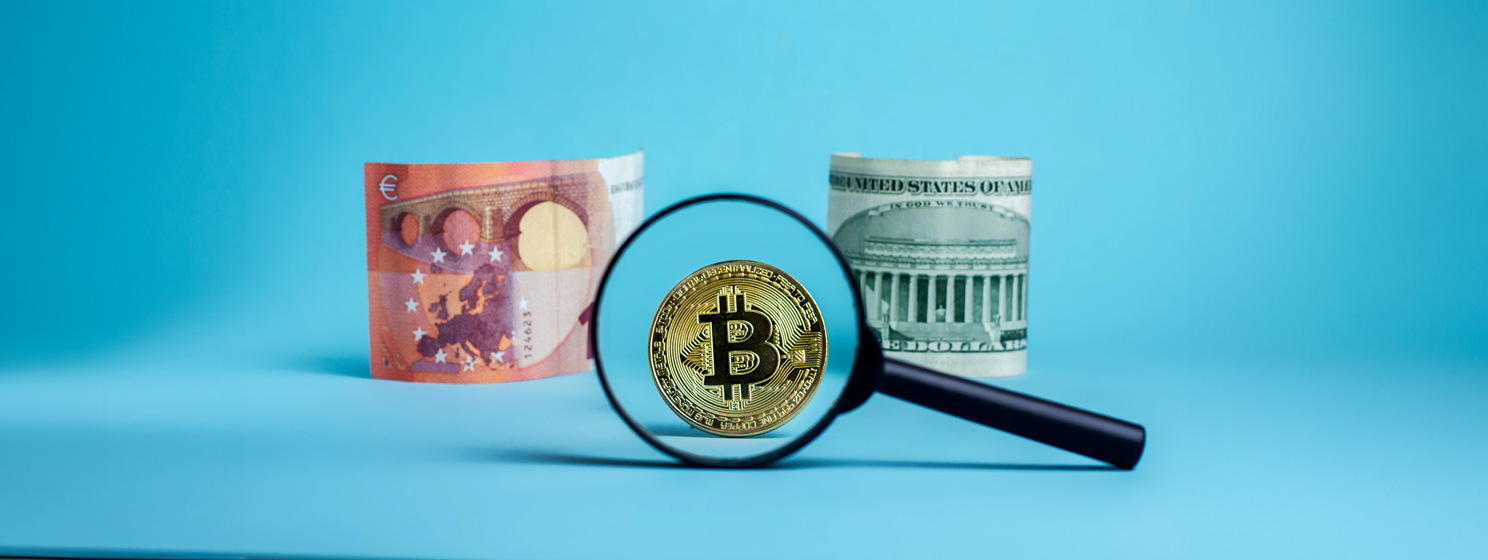|
Getting your Trinity Audio player ready...
|
The El Salvador legislative assembly has approved a law that will let large financial institutions register as investment banks and offer financial services in digital assets to “sophisticated investors.”
The Investment Banking Law was approved on August 7 by El Salvador’s Legislative Assembly members, with 55 out of 60 deputies voting in favor. The law distinguishes investment banks from commercial banks and allows financial institutions with at least $50 million in capital to qualify as investment banks.
According to a legislative assembly press release, these investment banks can target so-called “sophisticated investors,” individuals or entities with “extensive knowledge, financial capacity, and experience in managing complex investments, with assets equal to or greater than $250,000 in liquid assets.”
These liquid assets include treasury bonds, tokenized treasury bonds, tokenized gold, and digital assets such as Bitcoin.
El Salvador has pitched itself as a ‘crypto’ haven ever since President Nayib Bukele came into office in 2021. The country already allows firms to register as Bitcoin service providers, digital asset service providers, or digital asset issuers, but the new regulation allows investment banks, once authorized by the competent authorities, to also act in those capacities.
“One of the main innovations introduced by the Investment Banking Law is the incorporation of operations with Bitcoin and digital assets into the regulatory framework of the Salvadoran financial system,” said the announcement.
According to the legislative assembly, investment banks will be allowed to carry out active and passive operations, such as opening and maintaining current and term accounts, receiving deposits, and making payments through payment networks—in both fiat currency and digital assets.
“El Salvador will benefit in five strategic areas: first, the attraction of international private capital. This will allow investment funds and high-net-worth individuals to establish themselves in the country or use our entities as platforms for regional operations,” said legislative assembly deputy Dania González. “Another benefit is the financing of the financial system, since the institutional architecture of the Salvadoran financial system will be expanded as a new, but regulated and supervised, entity, complementary to the traditional banking system we are all familiar with.”
González emphasized that the regulatory framework will allow a deeper dive into the capital and digital asset markets, opening up secure and regular modern operations such as Bitcoin, stablecoins, tokenized gold, and other digital instruments.
Oversight and enforcement
The Central Reserve Bank (BCR) and the Superintendency of the Financial System will be responsible for ensuring compliance with the new regulations. The government press release stated that the BCR must “issue regulations defining capital, liquidity, and risk management requirements, establish criteria for asset valuation, regulate mechanisms for operating with digital assets, and determine the levels and use of the liquidity reserve required of these entities.”
Meanwhile, the Superintendency will be charged with direct supervision of investment banks, including authorizing their creation, merger, or closure, and supervising their operations to ensure compliance with prudential laws and regulations.The two regulators will also update the minimum financial requirements for “sophisticated investors” and qualifying entities every two years.
Bukele’s BTC paradise hasn’t hit home
The new law’s focus on large companies and wealthy investors appears to make sense in the light of indications that President Bukele’s attempt to foist BTC on the population has largely failed.
In 2021, El Salvador passed a law designating BTC as a legal tender, requiring retailers to accept it as payment for goods and services.
However, by 2024, BTC-based remittances accounted for just $28.8 million, barely 1%, of the total $2.64 billion remitted in the first four months of the year. By October 2024, a San Salvador University survey found that 92% of 1,224 respondents weren’t using BTC to make transactions.
The icing on the cake came in December 2024, when El Salvador was effectively forced to roll back on its BTC commitments by the International Monetary Fund (IMF), as part of the organization’s demands if it agreed to a US$1.4 loan for the country, which it eventually did in February 2025. The country has since halted using public funds to further stockpile BTC.
Most recently, in July, one crypto advocate group expressed disappointment that El Salvador’s BTC reserve has had limited impact on the population at large, and that the country’s loan agreement with the IMF may further hamper its BTC goals.
Thus, with the general population less than enthusiastic about digital currency and the IMF hamstringing government investment in the area, it appears Bukele has now turned to wealthy investors and financial institutions, in the hope that encouraging their investments in digital assets can keep his dream of a BTC utopia alive.
Watch: Blockchain and banking

 02-27-2026
02-27-2026 




